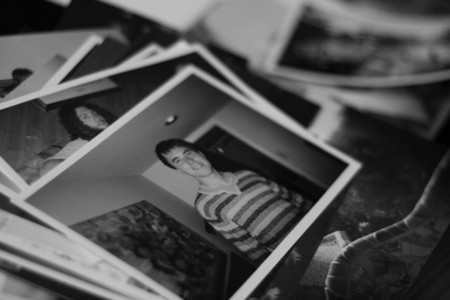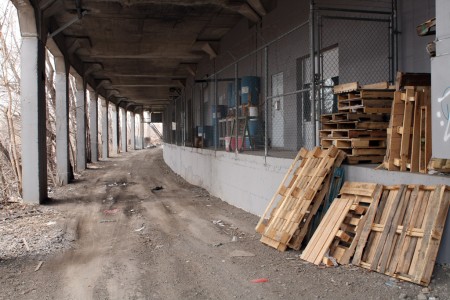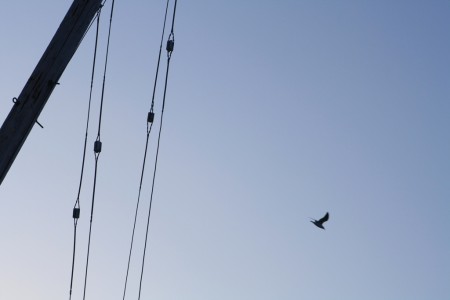
Over the weekend, I found myself wondering about the relative impact of Canada’s extremely controversial seal hunt and climate change, when it comes to the prospects for Grey Seals and Harp Seals.
Given that it seems highly likely that climate change will eventually eliminate summer sea ice, and given that creatures including seals seem to be critically dependent on sea ice, it does seem possible that climate change will render these seal species extinct, eventually, or will sharply curtail their numbers.
Stage one of a comparative analysis would be developing an estimate of how many seals would have lived between the present and the non-human-induced extinction of the species. They could potentially endure until the end of the carbon cycle, or until the sun expands into a red giant. More plausibly, they might exist in large numbers until the next time natural climate change produces a world too hot to include Arctic sea ice.
If we had an estimate of how far off that probably is, and an estimate of the mean number of seals that would be alive across that span, then we can estimate how many seals would be lost if humanity eliminates summer sea ice and, by extension, wipes out or sharply curtails the number of these animals in the wild.
It is possible to imagine a chart showing seal population year by year, extending far into the future. There could be one shaded segment showing the projected seal population in the absence of human intervention, and others showing possible population crashes resulting from anthropogenic climate change. A third shaded area could show the number of seals taken annually by hunters. The relative area of the shaded regions would show the relative magnitude of hunting and climate change, as causes of seal mortality. If you think of all the seals that would have lived, if we hadn’t locked in the eventual disappearance of summer arctic sea ice, the number killed by hunters is probably quite small.
My suspicion is that hunting would be a tiny blip, compared with climate change. If so, the environmentalist campaign to end seal hunting seems misdirected. Even if protesters are more concerned about animal cruelty than about species sustainability, this argument seems to hold up. Surely it is cruel for the seals to suffer and slowly die off as their habitat loses the capacity to sustain them.
I think it would be well worth some serious organization producing an quantitative version of the argument above. Like ducks, it seems quite possible that seals are distracting us from the environmental issues we should really combating, or at least encouraging us to respond to those issues in a less effective way than we could.






